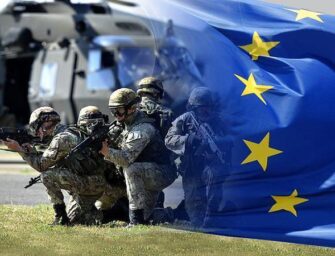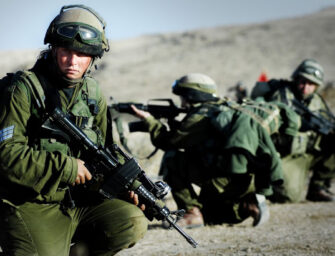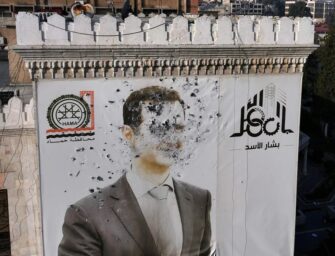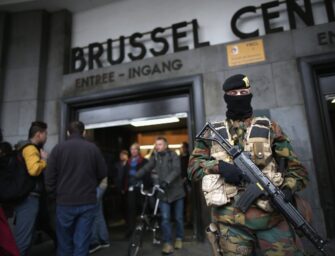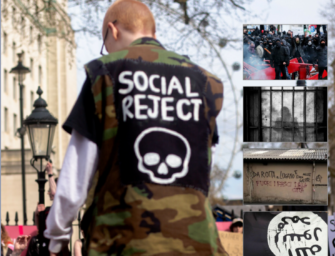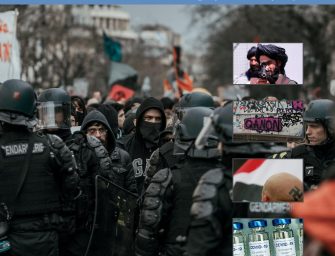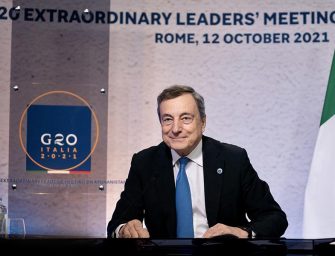Featured Cover Posts
In March 2025, President Donald Trump invoked the Alien Enemies Act to expedite the deportation of Venezuelan migrants suspected of gang affiliations, specifically targeting the Tren de Aragua gang. This marked an unprecedented peacetime application of the act, as the United States is not officially at war with Venezuela. While not able to stop the beginning of the deportations, a federal judge issued a fourteen-day restraining order, opening to legal debates about the scope and applicability of the act in contemporary contexts.
The European Union has long aspired to bolster its collective security and strategic autonomy. Over the past decade, initiatives such as the Permanent Structured Cooperation (PESCO), the European Defence Fund (EDF), and the Coordinated Annual Review on Defence (CARD) have been launched to strengthen European defense capabilities. However, these initiatives, while symbolically significant, have failed to provide Europe with a coherent and effective security framework. As geopolitical tensions rise, particularly with an increasingly aggressive Russia and ongoing instability in the Middle East and North Africa, it is time for Europe to acknowledge the fundamental flaws in its current defense approach and consider more radical solutions.
Latest Galleries
Latest Articles
While the Russian Army’s offensive in the east continues, it is likely in the short term that they will reach the limit of their offensive capability. As such, Author explores what transitioning to a defensive strategy might mean for the Russians in Ukraine.
Although Switzerland has not experienced a large-scale attack of the kind experienced in other European countries in the last decade, the phenomenon of politico-ideological violence in the jihadist spectrum is nevertheless present. Since 2004 and until 2021, the Swiss Federal Criminal Court has tried a total of seventeen criminal proceedings related to jihadist terrorism cases. Most of these proceedings took place after the outbreak of the Syrian civil war. The most physical acts were attempts to travel to combat zones or activities related to foreign fighting.
The tactical level is worrisome, but it is not the priority of terrorism. The real success is at operational level: it is the “functional blockade”
Even when it fails, terrorism gains, in terms of the costs inflicted upon its target: it is successful as it can still impose economic and social costs on the community and influence the latter’s behaviour over time as a consequence of new security measures aimed at safeguarding the community: this effect is what we call the “functional blockade”, able to reach the average of 82% of the cases. The cost-benefit ratio is, no doubt, in favour of terrorism.







